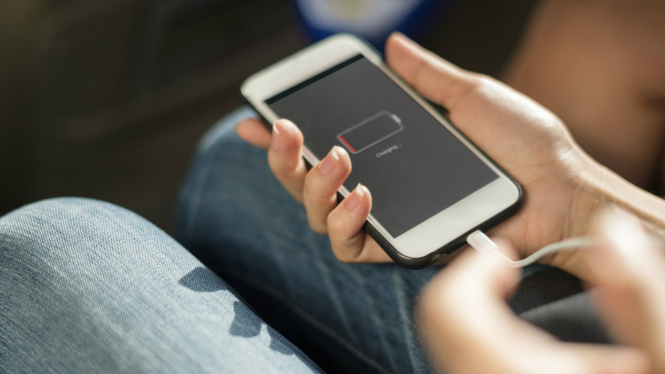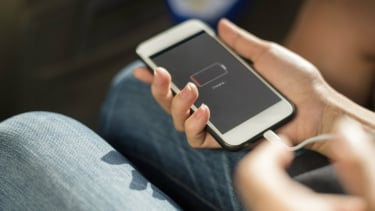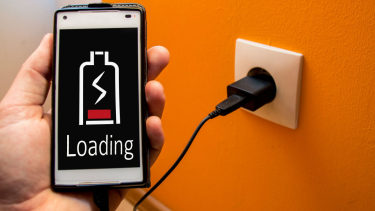Reasons Why You Shouldn't Charge Your Smartphone Overnight
- www.pixabay.com/Rawpixel
Jakarta – Smartphone battery has become an inseparable part of everyday life. As we all know, we depend on our phones to communicate, work, and more.
However, there are a lot of questions about smartphone battery. Should you leave your smartphone plugged in overnight? Is it bad for the phone? Bad for the safety?
Research has found a 2019 smartphone battery could, on average, undergo 850 full charge/discharge cycles before dropping to below 80% capacity.
This means only 80% of the initial battery capacity remains after about two to three years of use. At this point battery begins to deplete noticeably faster.
Ilustrasi ngecas ponsel.
- www.pixabay.com/HutchRock
Is it okay to charge smartphone overnight?
Most new-generation smartphones will take somewhere between 30 minutes and two hours to charge fully.
Charging times vary depending on your device's battery capacity - larger capacities require more time – as well as how much power your charger supplies.
Charging your phone overnight is not only unnecessary, it also accelerates battery ageing. Full charging cycles (going from 0%–100%) should be avoided to maximise your battery's lifespan.
Can your phone be overcharged?
In theory, lithium-ion batteries can be overcharged. This can lead to safety risks such as the battery overheating and catching fire.
The good news is most modern phones have an in-built protection that automatically stops the battery from charging further than 100% – preventing any damage from overcharging.
However, each time a battery drops to 99% (due to apps running in the background) it will "trickle charge", it will start charging again to maintain a fully charged state.
Baterai HP Cepat Habis
- Pixabay
Can your phone explode from charging?
It's very unlikely your smartphone will explode as a result of charging – especially since most phones now have automatic protections against overcharging.
Still, over the years we have seen several reports of phones exploding unexpectedly. This usually happens as a result of manufacturing faults, poor-quality hardware or physical damage.
Lithium-ion phone batteries overheat when the heat generated during charging is unable to dissipate. This may cause burns or, in extreme cases, lead to a fire.
Also, these batteries operate effectively within a temperature range of 0℃ to 40℃. They may expand at higher ambient temperatures, potentially causing a fire or explosion.
Using an incorrect, faulty or poor-quality charger or cable can also lead to overheating, fire hazards and damage to the phone itself.























